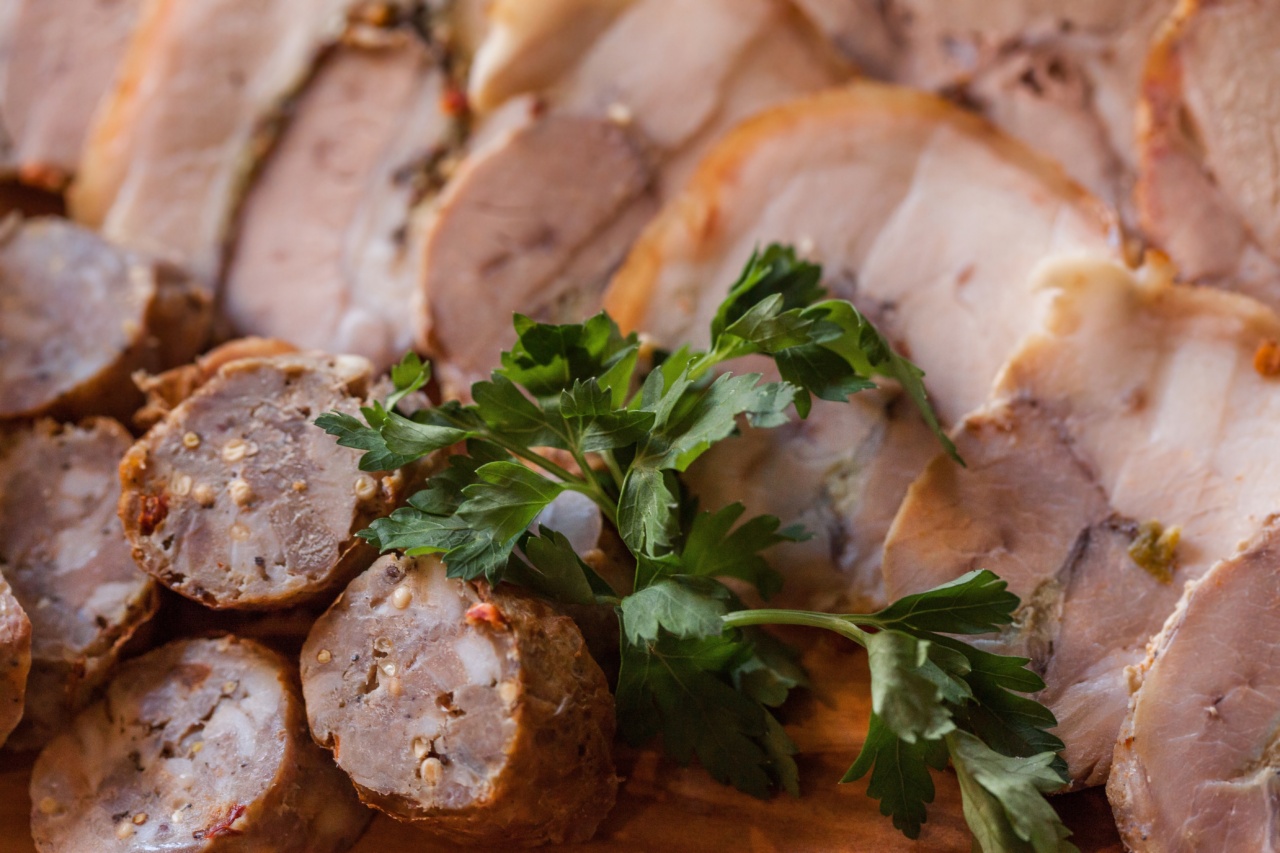Many of us often find ourselves snacking on some food before heading to bed, or even eating a full meal late at night.
But have you ever wondered if eating at night affects your fat storage and burning? If this is something you’re concerned about, then you’ve come to the right place. In this article, we’ll be exploring the impact of eating at night on your body.
What Happens When You Eat at Night?
Your body has a natural circadian rhythm that regulates various bodily functions, including digestion. This means that your body is naturally programmed to digest food during the day and slow down at night.
Eating at night disrupts this natural process and can cause various negative effects on your body.
One significant effect is that eating at night can cause an increase in blood sugar level. This happens because the body is less active at night, so the glucose released from the food is not utilized as efficiently as it would be during the day.
This, in turn, can cause an increase in insulin secretion, which is responsible for storing excess glucose in the form of fat.
The Impact of Late-Night Snacking on Fat Storage
If you’re trying to lose weight, consuming calories at night can be counterproductive. Your body needs a few hours to digest food before sleeping, and if it doesn’t get that, you’ll get a build-up of calories in your body.
Consuming calories at night might also have a significant impact on the storage of fat in your body. The reason behind this being that your body seems to store calories ingested later at night as fat more efficiently due to a lesser amount of insulin producedable to control it.
Thus it is more likely these calories will be converted into fat instead of energy. Eating late night might also result in consuming meals higher in fat content, which your body will have a harder time digesting, which may, in turn, lead to a higher accumulation of fat.
Fasting and Fat Burning
Fasting is quite popular nowadays, and it has been found to help in fat burning. When you fast, your body does not have any source of food to tap into since insulin production is lower, and glucose is not available to burn for energy.
In this situation, the body begins to produce ketones as an alternative source of energy.
However, if you sleep late after eating, your body won’t be able to tap into these alternative sources and won’t start the ketosis process which can cause the fat that has been consumed to be stored as fat instead of being used for energy.
The Science Behind Fat Storage and Burning
The regulation of fat storage and burning is a complicated process that involves several hormones and enzymes. One of the critical hormones responsible for fat storage is insulin.
Insulin regulates the absorption of glucose from the bloodstream, and when there is an excess amount present, this can cause it to be stored as fat. Growth hormone that our bodies naturally create is responsible for fat burning at night. When activated it can help keep us from gaining additional weight but when not enough growth hormone is released it can lead to weight gain.
Unbalanced levels of these hormones can cause poor fat metabolism in the body.
The Bottom Line
Eating at night disrupts your body’s natural rhythm and can cause several negative effects like high blood sugar levels, increased fat storage, and a decrease in fat burning especially if you sleep right after.
While a late-night snack is okay on occasion, making it a routine can cause serious complications. Not only can it undermine your weight-loss efforts, but it can also cause long term health issues. If you have trouble sleeping, it is recommended to eat a small meal containing protein and fat up to 3 hours before bedtime.





























